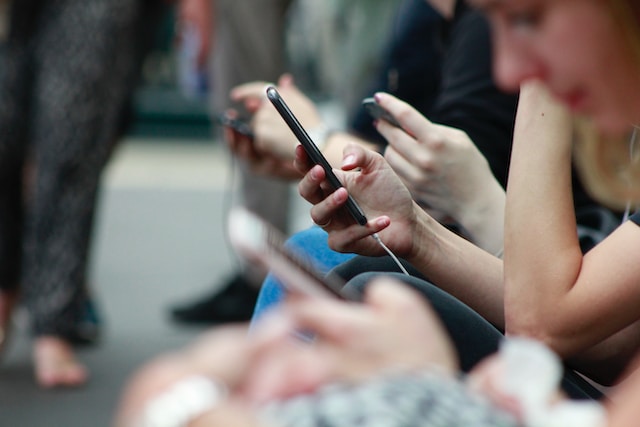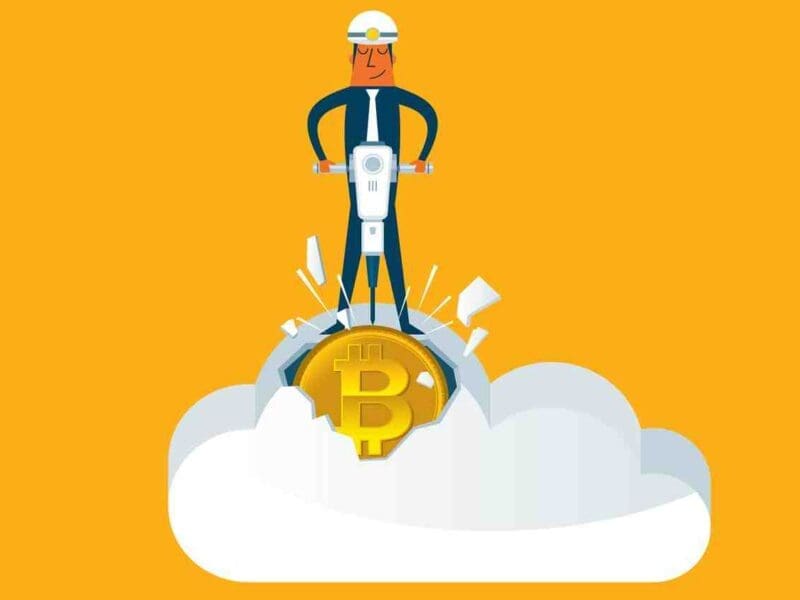
What impact can social media have on mental health?
In today’s digital age, social media has become a ubiquitous part of our daily lives. From Facebook to Instagram and Twitter, we are constantly connected to the world around us. While social media can undoubtedly have positive effects on our mental health, it is also important to recognize its potential negative impact. In this blog post, we will explore the various ways that social media affects our mental well-being and provide tips on how to use these platforms in a positive way. So grab your smartphone or laptop and let’s dive into the world of social media and mental health!
The rise of social media
Over the past decade, social media has risen to become one of the most influential and powerful tools in our lives. What started as a way for people to connect with friends and family has now turned into a global phenomenon that touches almost every aspect of our daily routines.
Social media platforms like Facebook, Twitter and Instagram have made it easier than ever before to stay connected with others around the world. With just a few clicks, we can share photos, videos, thoughts or feelings instantaneously.
The rise of social media has also had a significant impact on how businesses interact with customers. Companies use social media platforms to advertise their products or services while simultaneously engaging directly with consumers through comments sections or direct messages.
While social media offers numerous benefits for staying connected and informed about what is happening in the world around us, it’s important not to overlook its potential negative effects on mental health. In fact, researchers suggest that excessive time spent on social networking sites may contribute negatively towards depression and anxiety symptoms among young adults.
Despite these concerns, there’s no denying that social media remains an integral part of modern life – whether we use it personally or professionally.
The effects of social media on mental health
Social media has become an integral part of our lives. While it offers many benefits like staying connected with friends and family, sharing thoughts and experiences, and gaining knowledge about various topics; there are also some negative effects that come along with its excessive use.
One major impact of social media is on mental health. It can lead to increased feelings of anxiety, depression, loneliness, and low self-esteem in individuals who spend too much time scrolling through their feeds. The constant comparison to others’ seemingly perfect lives or the fear of missing out (FOMO) can take a toll on one’s emotional well-being.
Moreover, cyberbullying has become prevalent due to the anonymity provided by social media platforms. This type of bullying can be especially harmful as it reaches a wider audience than traditional bullying.
The addiction to social media can also have physical consequences like disrupted sleep patterns leading to fatigue and other related health issues.
While social media does offer numerous advantages, it is important to maintain a balance between its usage and activities that promote good mental health.
How to use social media in a positive way
Social media is a part of our daily lives, but it’s important to use it in ways that benefit us instead of harming us. Here are some tips on how to use social media in a positive way:
1. Limit your time: Set specific times during the day when you will check your accounts and avoid using social media before bed or first thing in the morning.
2. Follow positive accounts: Fill your feed with inspirational quotes and archive social posts with personal photos, uplifting news stories and people who bring positivity into your life.
3. Engage with others: Use social media as a tool for connection by commenting on posts or sending messages to friends and family members.
4. Take breaks: If you feel overwhelmed or stressed while scrolling through social media, take a break from it altogether and engage in activities that make you happy outside of technology.
5. Don’t compare yourself to others: Remember that most people only show their highlight reels online, so don’t compare yourself to them because everyone has their own journey.
By taking these simple steps, we can all enjoy the benefits of social media without negatively impacting our mental health.
Conclusion
Social media has become an integral part of our daily lives. While it can bring many benefits, such as increased connectivity and access to information, its impact on mental health cannot be ignored.
Studies have shown that excessive use of social media can lead to feelings of loneliness, anxiety, depression and low self-esteem. However, this doesn’t mean we should abandon social media altogether. Instead, we should learn how to use it in a positive way.
By following some simple guidelines like limiting screen time and being mindful about who you follow on social media platforms, we can reduce the negative effects while still enjoying the benefits of staying connected online.
It’s important for individuals and society as a whole to recognize the potential risks associated with social media overuse and work towards promoting healthier habits when using these platforms. By doing so, we can ensure that social media continues to bring us closer together rather than pull us apart.







